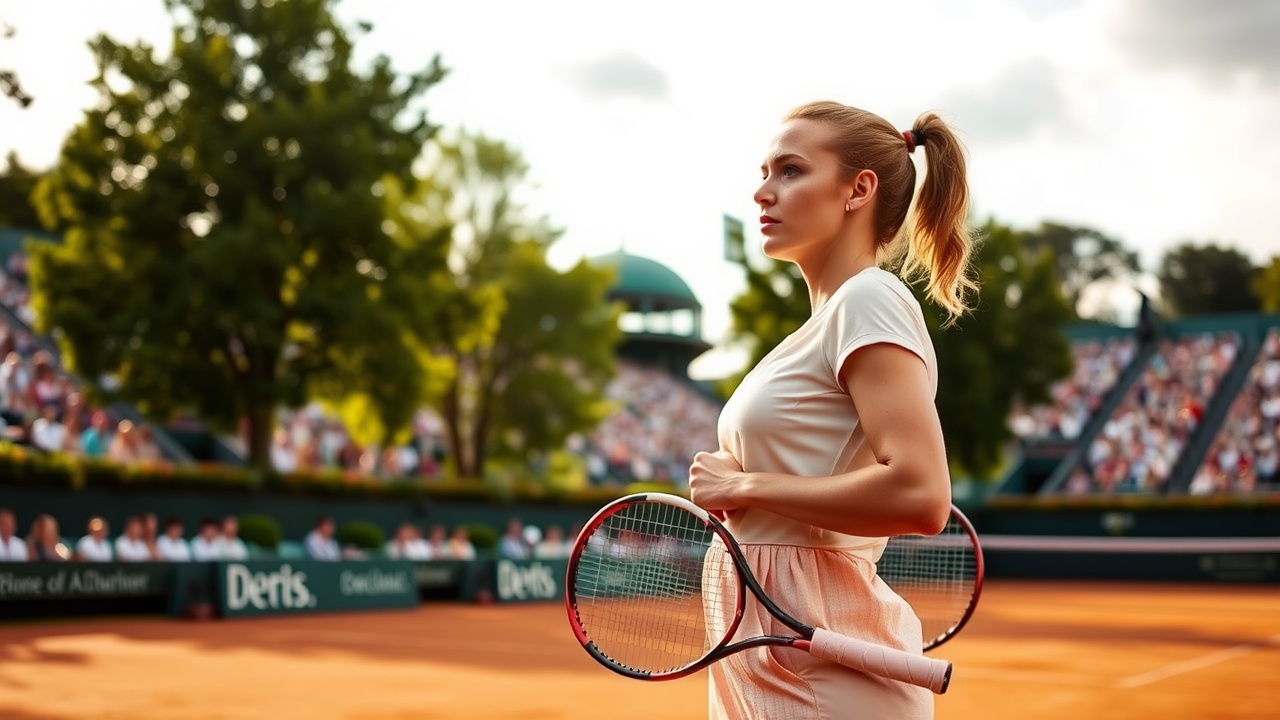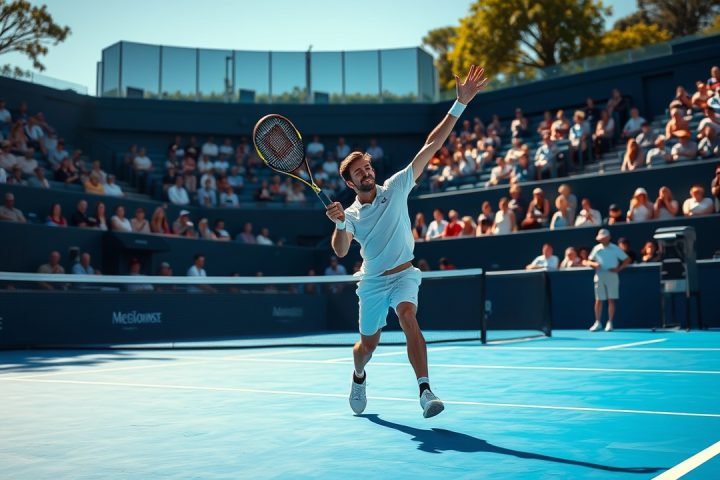Iga Swiatek and French Open Scheduling Controversy
Iga Swiatek, the accomplished Polish tennis player and recent champion at Roland Garros, has faced scrutiny after expressing indifference towards the decision of French Open officials not to schedule women’s matches for the prestigious night sessions held on Court Philippe-Chatrier. Since the introduction of these night sessions in 2021, the tournament has frequently prioritized men’s singles matches for this prime slot, unlike the US Open which features both men’s and women’s contests at night. Many critics argue this creates an unfair imbalance, calling for greater representation of women on the night stage.
Amelie Mauresmo’s Acknowledgment
Amelie Mauresmo, the tournament director and former women’s tennis star, acknowledged in 2022 the tendency to favor men’s matches due to perceived greater appeal, a statement for which she later retracted following public backlash. Swiatek, who has celebrated victory at this Grand Slam four out of the last five times, has routinely been asked about the scheduling of matches during night sessions since their inception. Each time, she has consistently stated her preference for daytime matches, reflecting a certain fatigue with the ongoing discourse around the issue.
Swiatek’s Views on Scheduling
During a post-match press conference following her opening-round victory over Rebecca Sramkova, Swiatek displayed mild irritation when queried once more about the topic. She reiterated her contentment with her day match schedule as it allowed her extended recovery time.
“Every year we talk about it. My position didn’t change. I like playing day. So I’m happy I’m done and can have a longer rest. People are sometimes just looking for things to debate, but honestly, my answers are not gonna change. I don’t mind,” Swiatek stated.
A journalist pressed further, inquiring whether she, as a prominent figure in women’s tennis, acknowledged the disparity in visibility that men enjoy under the current scheduling. To this, Swiatek responded succinctly, underscoring her lack of influence over the scheduling decisions:
“I understand. But I’m not making the schedule. No, it doesn’t bother me.”
The Broader Context
Controversy continues to swirl around the scheduling of matches, yet it appears unfair to question Swiatek’s role as an advocate for women’s tennis based solely on her personal preferences. Her viewpoint does not diminish the significant progress women athletes have made, as evidenced by rising global viewership figures for women’s tennis. Stars like Swiatek, alongside Aryna Sabalenka and Coco Gauff—the latter recognized as the highest-paid female athlete last year—have significantly contributed to the growth of the WTA Tour and have cultivated compelling rivalries that draw increasing attention.
Looking Ahead
As Swiatek approaches her second-round match against Emma Raducanu, she has expressed a desire to limit her engagement with social media distractions, focusing instead on her performance.




